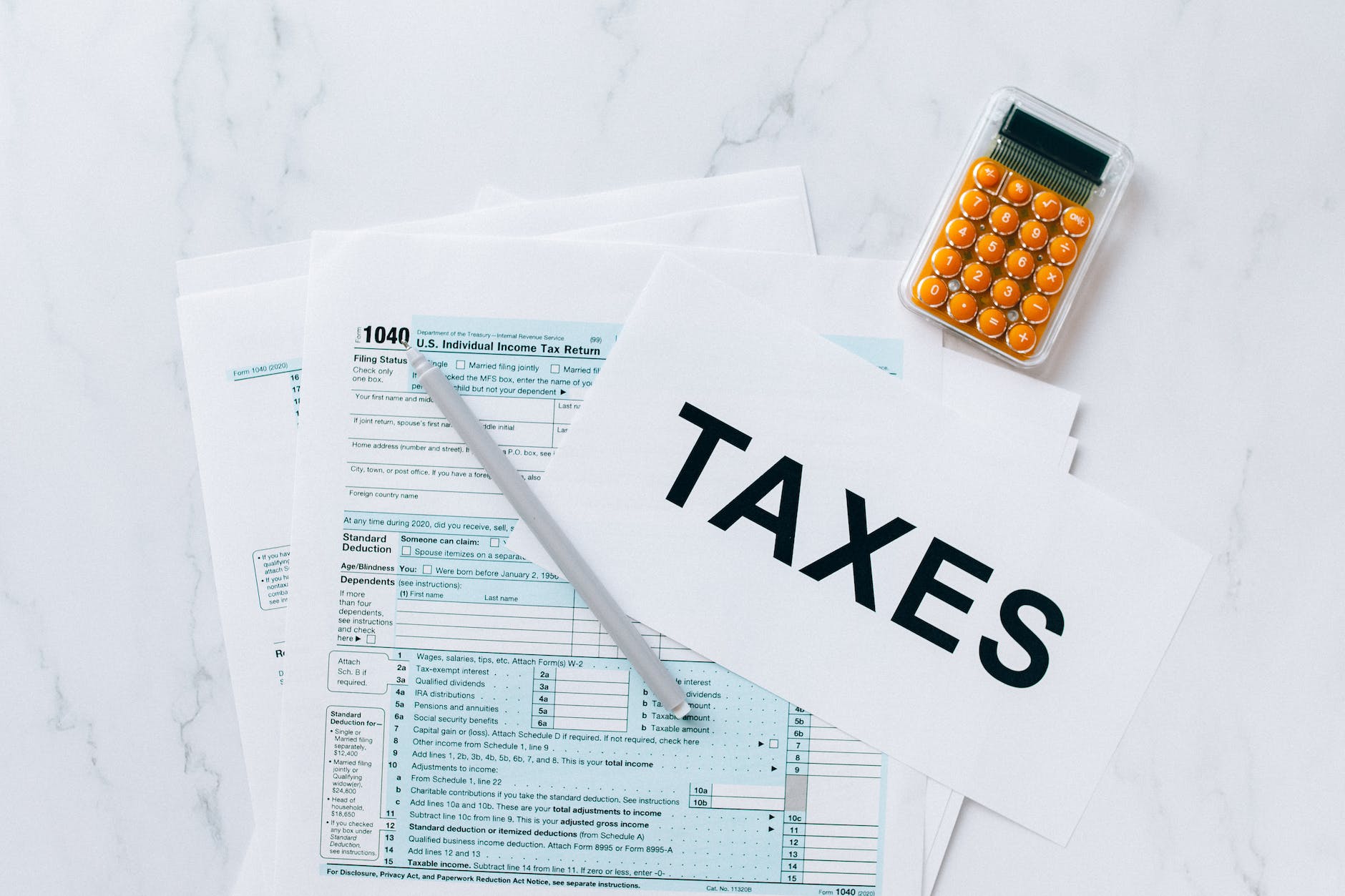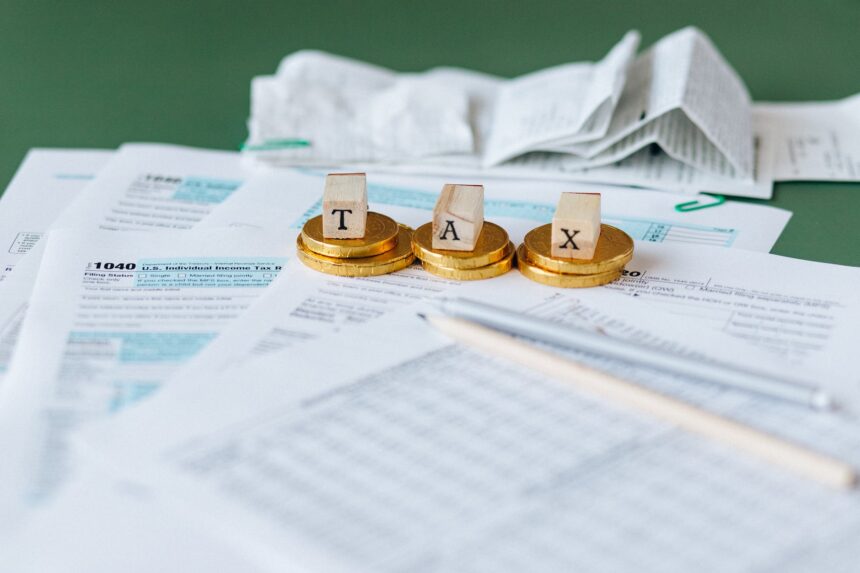In recent times, the prevalence of fake GST invoices has become a significant concern in India. This illicit practice not only undermines the integrity of the Indian tax system but also poses a substantial risk to the financial well-being of both businesses and customers. The sophistication with which these fraudulent documents are crafted makes it challenging to discern them from legitimate invoices, leading to widespread tax evasion and financial fraud.

The Problem of Fake GST Bills
The core issue revolves around scammers skillfully creating counterfeit GST invoices without any actual supply of goods or services. These fraudulent activities not only result in tax evasion but also contribute to the creation of a parallel, unaccounted economy. The impact of these activities is far-reaching, affecting the government’s revenue collection and distorting the fair market competition. Unfortunately, both unaware businesses and consumers often become entangled in these scams, facing legal consequences and financial losses.
GST Council’s Efforts to Curb Fraud
In response to this growing menace of Fake GST Invoices, the GST Council, along with GST officers, has been actively implementing strategies to curb the spread of fake GST invoices. These measures include the use of advanced data analytics to detect anomalies in GST returns, stricter rules for the issuance of GST numbers, and regular audits of suspicious accounts. The Council’s proactive approach reflects its commitment to preserving the integrity of the GST framework and ensuring a fair and transparent tax system.
Fake GST Invoices : How to Identify
Identifying a counterfeit GST invoice necessitates a discerning eye and comprehension of key indicators. Foremost, it is imperative to verify the GST Identification Number (GSTIN) through the official GST portal. The structure of the GSTIN itself, comprised of a 15-character code, can provide valuable insights into the authenticity of the invoice.
A meticulous examination of the invoice is paramount. Scrutinize the particulars such as the business name, address, and the description of goods and services with unwavering attention to detail. Assessing these crucial elements against official records aids in discerning any discrepancies that may arise. Take note of any inconsistencies, as they could be indicative of falsified information.
In addition, pay heed to the formatting and overall presentation of the invoice. Counterfeit invoices may feature irregularities such as inconsistent fonts, poor-quality printing, or altered logos. These visual cues can offer further clues regarding the legitimacy of the document at hand.
Furthermore, exercise caution when reviewing the financial figures stated in the invoice. Calculations that appear convoluted or unfamiliar should be thoroughly investigated. Seek clarification from the issuing party or consult financial experts to ensure the accuracy and credibility of the information provided.
It is important to maintain updated records and cross-reference invoices periodically. Regularly reviewing your financial statements can aid in detecting any suspicious patterns or anomalies. In case of any doubt or uncertainty, consulting with legal professionals or taxation authorities can provide valuable guidance, ensuring a diligent approach towards identifying counterfeit GST invoices.
Reporting Fake GST Challans
If one encounters a fake GST invoice, it is imperative to report it promptly. This can be done through various channels, including the official GST portal, via email, or through the GST Council’s official Twitter handle. Reporting these incidents not only aids in tackling tax fraud but also assists the authorities in taking appropriate action against the perpetrators.
The battle against fake GST invoices is ongoing, requiring vigilance and awareness from all stakeholders. Businesses and consumers alike play a crucial role in this fight by staying informed and reporting suspicious activities. It is through collective effort and responsibility that the integrity of India’s tax system can be safeguarded, paving the way for a more robust and equitable economic landscape.








